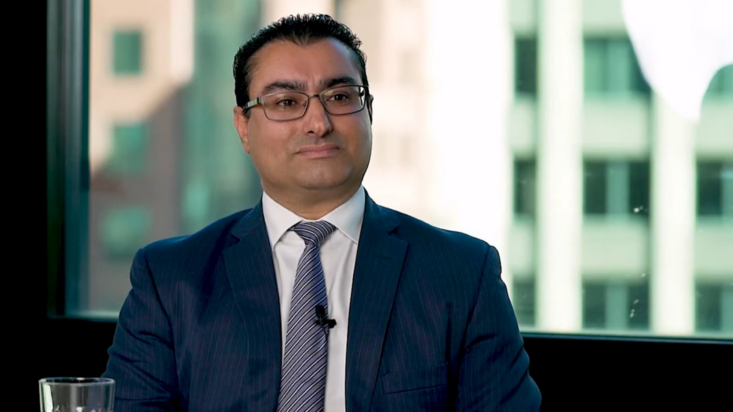Private debt providers well positioned for ‘mother of all default cycles’: Revolution
Interest rate rises may lead to a significant default cycle in the neat term, but contention remains about how the private debt is prepared to handle these kind of aftershocks.
Private debt has enjoyed a period of significant popularity with big institutional investors, but a number of commentators, including Coolabah Capital’s Christopher Joye, have heralded the arrival of the “mother of all default cycles” as interest rates rise and more and more businesses go bust – with riskier asset classes like equities and private debt to lose some of their luster as a result.
“In some ways I agree wholeheartedly with Chris Joye,” Revolution AM CIO Bob Sahota (pictured) said in a recent client presentation. “But not all private debt strategies are going to fare the same, and ones that are more exposed to the cycle or which haven’t been as disciplined in constructing their private debt portfolios will come under more pressure in the next 12 months.”
Former ACS CIO Michael Block has also suggested that a “day of reckoning” for credit is approaching, warning that the search for yield has resulted in lower quality credit being mispriced and that some riskier private credit has been sold as senior debt when investors might be better off in the highly subordinated debt of well-capitalised and more secure organisations. But Revolution hasn’t been “sitting on its hands” and has been actively pre-empting an economic slowdown and a lift in unemployment through big stress tests.
“The broad statement would be that we’re generally preparing for a really severe recession and we want all our investments to be able to withstand a recession where we do get unemployment going above 10 per cent and staying there and house prices falling by greater than 30 per cent and interest rates a lot higher,” said senior portfolio manager Simon Petris.
“We’re not trying to go into transactions in the hope that economic conditions are just right and we just scrape through,” Petris said. “We’re trying to go into every investment with a large margin of safety so if the realised outcome for the economy is nowhere near our worst case stress test then all our investments sail through easily.”
Revolution is currently favouring non-bank lenders that have been through multiple cycles and which have the experience to deal with upheaval. Some other originators have a fine pool of assets, Petris said, but aren’t profitable and have “over-levered their corporate balance sheet and put themselves at risk from that perspective”.
And while the Revolution portfolio is comprised mostly of asset-backed securities and leveraged buyout debt, the team are also “vigilant” for opportunities created by the ongoing dislocation in commercial real estate, which has seen a number of high quality assets with long-term tenants revalued significantly lower.
“Our return hurdle is the RBA cash rate plus four to five per cent,” Sahota said. “If we see the banks in particular pulling back – they’re our biggest competitor in lending to very good quality properties with good quality tenants at conservative loan-to-value rations… (and) have been very aggressive in providing those loans at well under our return hurdle.
“If the banks start to step out of that market because they they’re overexposed or they see real estate as being, at this point in time, something they want to dial down we can easily provide patient capital to quality assets at a point in the cycle where it’s very attractive to our investors… We feel that in the next 12 months there could be more of those sorts of opportunities.”











